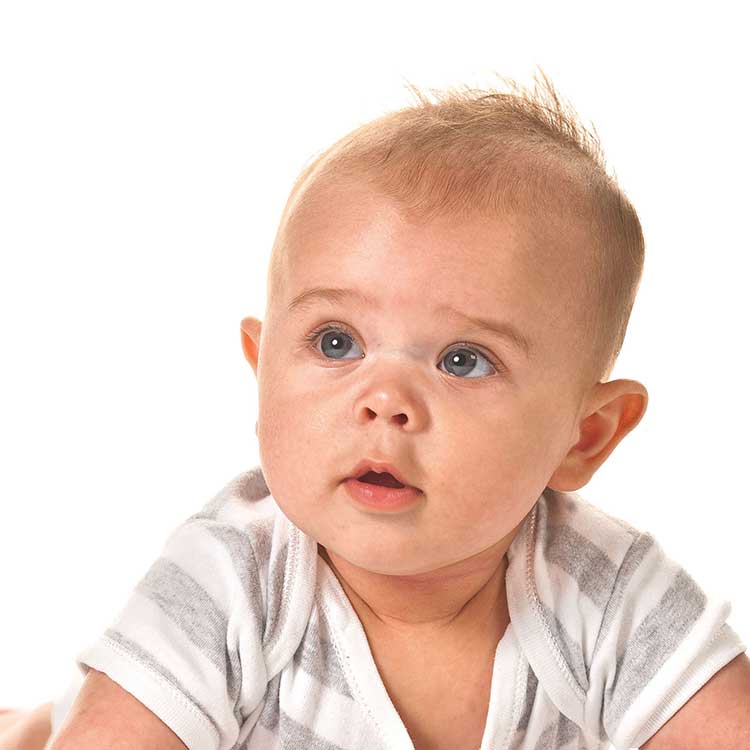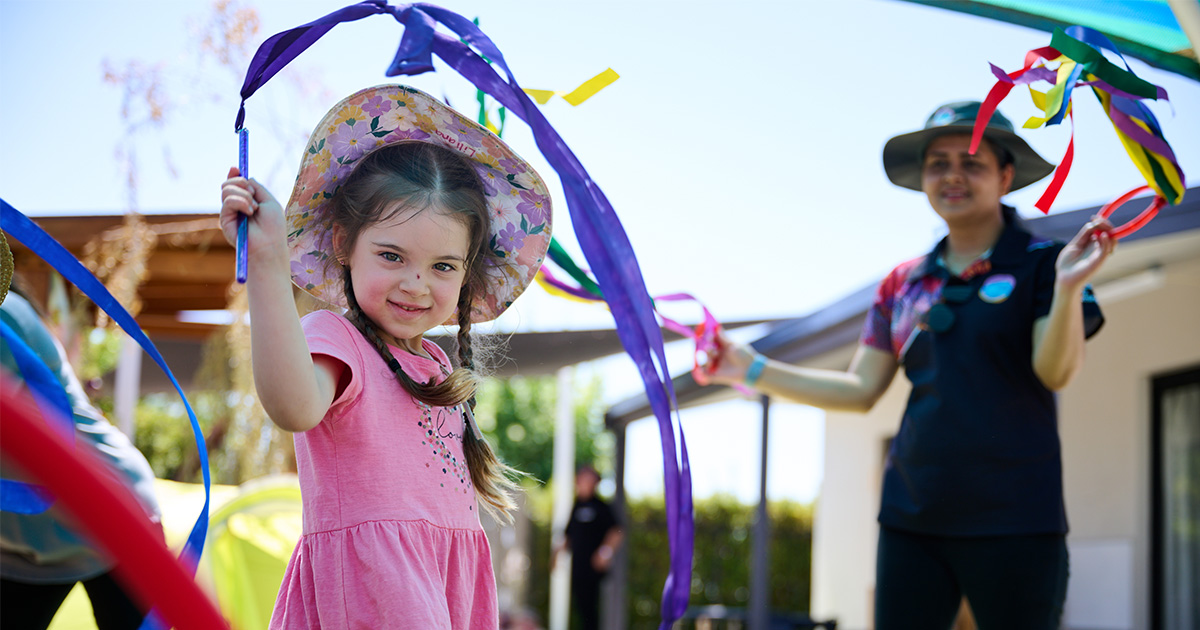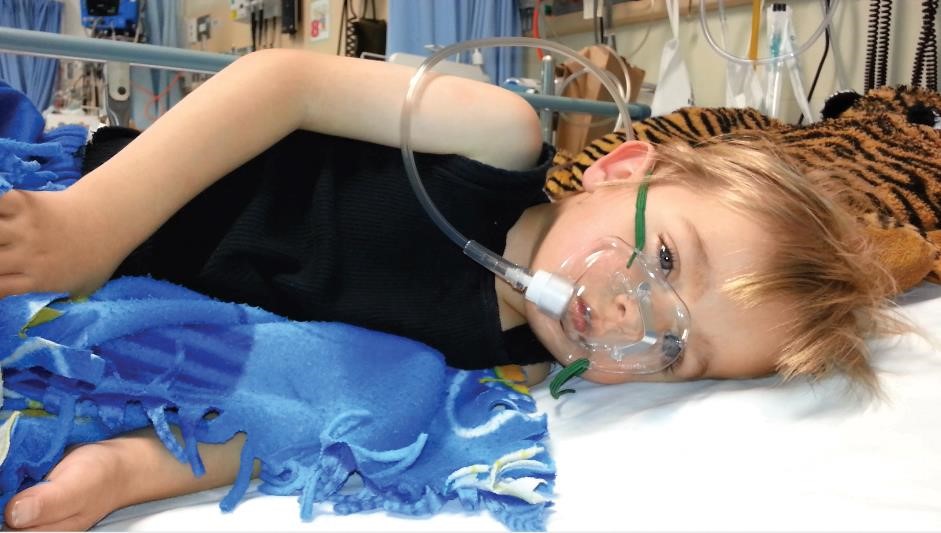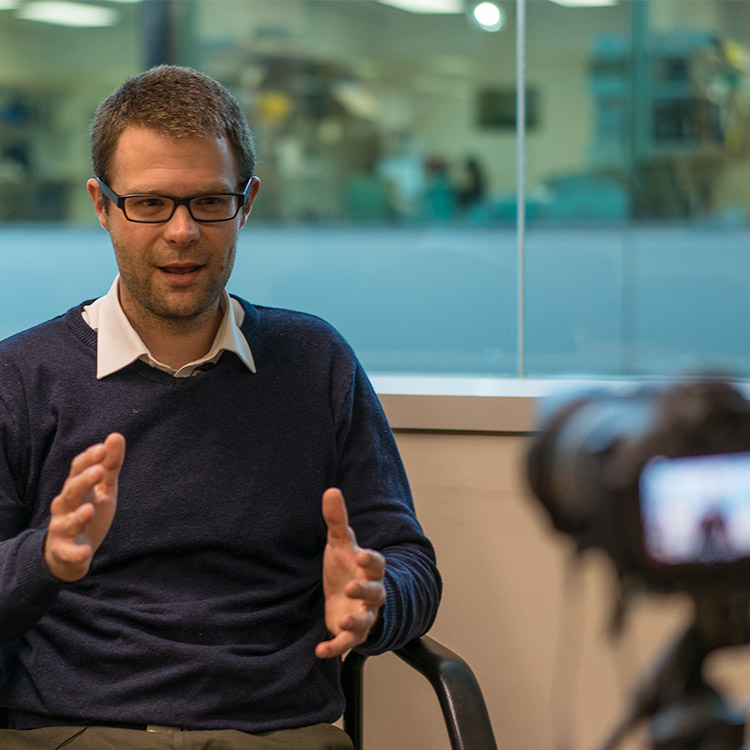Search
Showing results for "Au"
Research
Optimising detection of thrombosis in paediatric Staphylococcus aureus bacteraemia: A prospective interventional sub-study protocolStaphylococcus aureus bacteraemia (SAB) is the most common cause of sepsis, contributing to paediatric intensive care unit admission in Australia and New Zealand. While deep venous thrombosis (DVT) has been reported in children with invasive S. aureus infections, the actual frequency and possible effects of thrombosis on disease severity and outcome in paediatric SAB remain unknown. Moreover, guidance regarding imaging for paediatric SAB management are poorly defined.
Research
Effect of maternal prebiotic supplementation on human milk immunological composition: Insights from the SYMBA studyImmunomodulatory proteins in human milk (HM) can shape infant immune development. However, strategies to modulate their levels are currently unknown. This study investigated whether maternal prebiotic supplementation alters the levels of immunomodulatory proteins in HM.
Research
Boosting the influenza vaccine schedule in children with cancer: a prospective open-label studyCurrent immunization guidelines recommend one dose of influenza vaccine for children aged ≥9 years and two doses for younger or vaccine-naïve children. However, children receiving chemotherapy have an attenuated immune response. We performed a prospective open-label study in children undergoing treatment for cancer at Perth Children's Hospital, Western Australia, to examine the safety and efficacy of a boosted influenza schedule.
Research
Associations between genotype, phenotype and behaviours measured by the Rett syndrome behaviour questionnaire in Rett syndromeRett syndrome (RTT) is a rare neurodevelopmental disorder with developmental impairments, comorbidities, and abnormal behaviours such as hand stereotypies and emotional features. The Rett Syndrome Behaviour Questionnaire (RSBQ) was developed to describe the behavioural and emotional features of RTT.

The ORIGINS Team is studying early environments and parental physical health and genetics to uncover when and why non-communicable diseases (NCDs) develop.

News & Events
New national trial leverages childcare to boost physical activity in young Aussie kidsMore than 80,000 Australian children are expected to benefit as 700 childcare centres across the country trial a new program aimed at boosting declining physical activity levels.

News & Events
WA researchers lead global centre to eliminate childhood asthmaAn ambitious project that could stop children developing asthma is the centrepiece of a new world-class respiratory research centre launched in Perth.

News & Events
The Kids researchers finalists in Premier’s Science AwardsThe Kids Research Institute Australia has two researchers and an innovative science engagement initiative as finalists in the 2017 Premier’s Science Awards.
Research
Defining target penicillin concentrations for subsequent studies of a reformulated long-acting benzathine penicillin prototypeAims: To determine the minimum inhibitory concentrations of penicillin G against a representative collection of Strep A strains; and to evaluate the impact of penicillin G concentration and size of bacterial inoculum on the prophylactic effect for Strep A strains
Research
Multi-site validation of a suite of clinical outcome measures for clinical trial readiness in the CDKL5 Deficiency DisorderHelen Jenny Peter Leonard Downs Jacoby MBChB MPH BApplSci (physio) MSc PhD BA (Hons) MSc Principal Research Fellow Head, Child Disability
